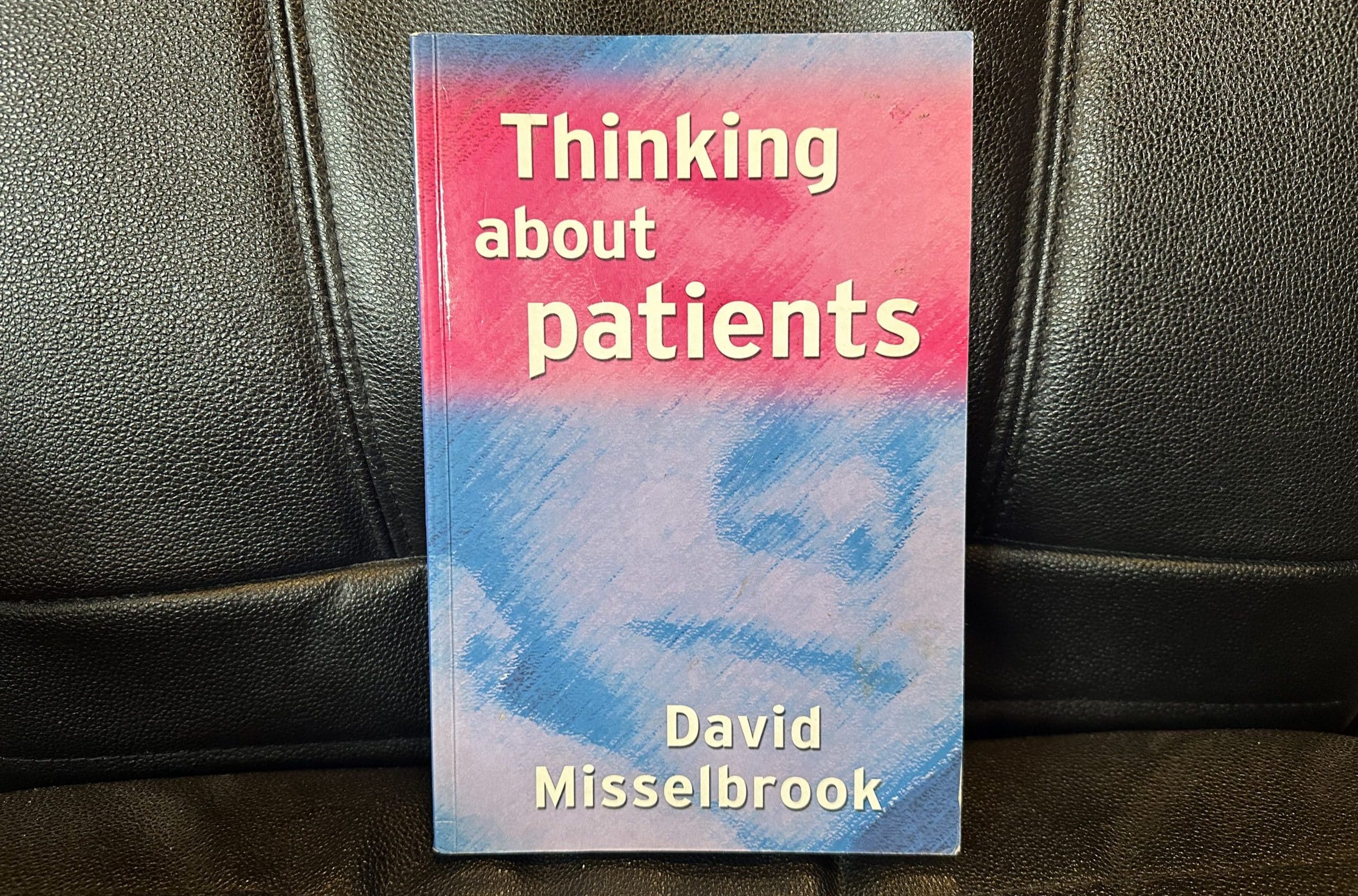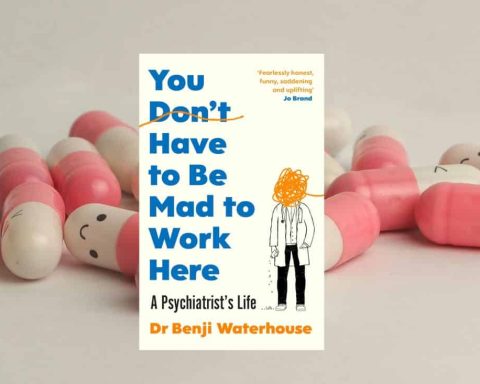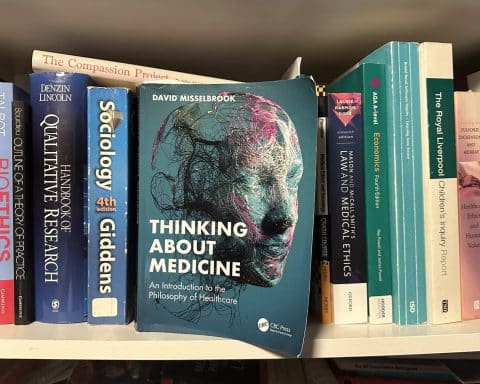Andrew Papanikitas is Deputy Editor of the BJGP and a GP in Oxford. He is on X: @gentlemedic
‘Thinking about patients,’ is a classic text, first published in 2001, to promote a multi-dimensional model of medicine that most GPs would hopefully recognise. Despite the best efforts of many, including David Misselbrook, this has not (yet) been fully recognised either medical education or in healthcare policy. Both arguably favour a predominantly biomedical model of health and healthcare or separate the science and the art of medicine. Roger Neighbour’s forward in the original edition asks, “So what is a GP to do, torn between the imperatives, on the one hand, to provide patients with the best in biomedical advances as effectively and equitably as possible, and, on the other, that the solutions of human problems that are complex and long-standing are unlikely to be as quick and simple as political convenience would wish?”1
I first read the book in 2011 as recently qualified GP doing a PhD in medical education, and wondered how I had missed it…
As I read Roger Neighbour’s foreword, I thought about Ben Hoban’s recent reflections in BJGP Life about the nature of what GP’s do, and the societally imposed and divergent ‘tramlines’ of episodic biomedical intervention and holistic care.2.3 I wonder how Roger Neighbour would have rephrased this in light of the current government, but one thing is clear, and that is that ‘Thinking about patients’ offers an answer to this question, and moreover one which is unfortunately still current. As the author puts it: “Sure, if I was writing Thinking about Patients today the references would be more up to date, but it’s “plus c’est la même chose” in spades. I regret that its message is as relevant today as it was then – perhaps more so…”4
Whist some of the references are ‘old’ many are now classics themselves. It is also interesting read the author’s note on how authenticity in use of patient case-use has become harder, “The book uses anonymised real cases, with demographics and other details changed. The anonymisation conformed to the then GMC regulations regarding patient confidentiality for published case studies. The GMC regulations were tightened in 2004, and now only allow publication of fictional cases, or case studies with the patient’s consent. However the GMC continues to allow anonymised case material to be used where the cases are “so old that efforts to trace the patient have been or are likely to be unsuccessful”, as is the case in this book.”4,5
Chapter 1 explores the scope, achievements and problems of medicine. Chapter 2 explores the medical model of disease and contrasts with the medical model of illness (note the different terms: disease and illness and how we subjectively encounter them. Chapter 3 explores how the doctor’s model is generated by the world the doctor inhabits – a sociology of medicine. Chapters 5-9 explore the non-biomedical elements of a multi-dimensional model. They help us to a deeper understanding not only of patients but also ourselves. The final chapter is a natural segue into David Misselbrook’s upcoming new book, Thinking about Medicine, it asks the question what is health and reflects on how understanding this question can help us as a profession and as a society shape the future nature and purpose of medicine.
The author supports this take, “Thinking about Patients is being republished as a companion to Thinking about Medicine, published by CRC Press. Thinking about Patients covers the psychology and sociology of medicine. Thinking about Medicine is a personal introduction to the philosophy of medicine and healthcare. Medical school and postgraduate training teach us a lot about biomedicine, but leave so much out. Together, these two books form a sort of unofficial curriculum – everything you wanted to know about medicine but were afraid to ask.”4
Whist some of the references are ‘old’ many are now classics themselves…
I first read the book in 2011 as recently qualified GP doing a PhD in medical education, and wondered how I had missed it, so it is good to see it re-released, albeit as an ebook. I picked it up when I witnessed the author being mobbed by fans of the book at an educators’ event in London. I would recommend it, especially for those charged with designing and delivering primary care education and primary healthcare policy and particularly in places where general practice is a recognised craft. You will be constructively alarmed by how much in primary healthcare has not changed, and how many lessons still need to be learned…
Featured Book: David Misselbrook, Thinking about patients (1st Ed, Routledge revivals), Routledge 2024, ISBN 9781032644875, Hardback £90, Ebook £44 https://www.routledge.com/Thinking-About-Patients/Misselbrook/p/book/9781032644875
References
- Neighbour R, Foreword, in Misselbrook D, Thinking about patients (1st Ed), Petroc Press 2001
- Hoban B, 2024, One big thing, https://bjgplife.com/one-big-thing/ (accessed 22/3/24)
- Hoban B, 2024, Diverging at the horizon, https://bjgplife.com/diverging-at-the-horizon/ (accessed 22/3/24)
- Misselbrook D, New Preface, in Misselbrook D, Thinking about patients (1st Ed, Routledge revivals), Routledge 2024
- General Medical Council guidance: https://www.gmc-uk.org/ethical-guidance/ethical-guidance-for-doctors/confidentiality—disclosing-for-education-and-training-purposes/disclosing-for-education-and-training-purposes? Point 19. (accessed 11/07/2023)
Featured photo: Thinking about patients (original cover), taken by Andrew Papanikitas 2024








